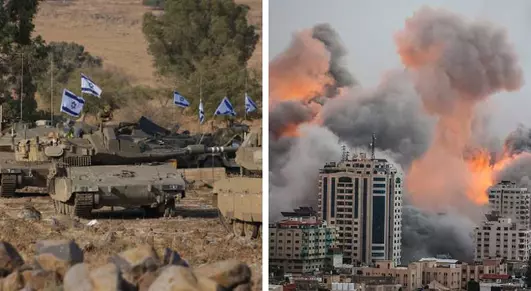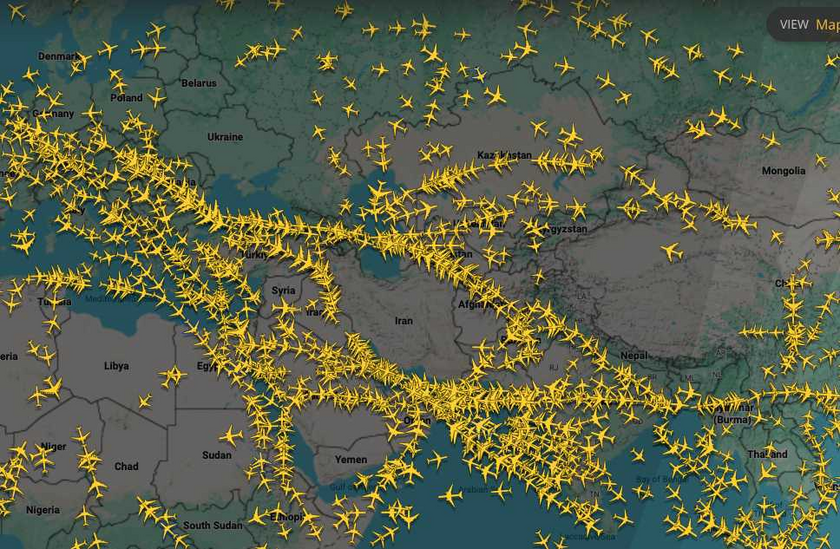From the cobblestone streets of Lefkara, Cyprus—where I spent the evening walking with my wife Connie—I’m seeing firsthand how far the ripple effects of Israel’s war with Hamas have reached. Just this morning, I woke in Tel Aviv to the sound of sirens. It wasn’t the first time. The Houthi rebels fired two missiles at Israel—one intercepted by Israeli air defenses, the other self-destructing before it even entered Israeli airspace.
“That’s one of several hundred missiles fired since March,” I told my livestream audience. “But none of them have hit anything of consequence. Israel’s air defenses are doing their job, and their response is as measured as it is relentless.”
Israel isn’t merely retaliating. It’s executing precision strikes aimed at dismantling Hamas’ infrastructure and cutting off Iranian supply lines. Just last night, Israeli drones targeted Yemen’s port of Hodeida, destroying heavy equipment that was being used to repair the port and allow more weapons shipments from Tehran.
“They blew up the earth movers, the cranes—anything Iran could use to funnel arms to the Houthis,” I explained. “Israel and its allies are making it harder for the Houthis to maintain their reign of annoyance over Israel. That’s really all it is at this point—annoyance. But one that can’t be ignored.”
The Media’s Full-Court Press
While Israel’s military maintains the upper hand on the ground and in the air, it’s fighting an equally vicious battle in the court of global opinion. Twenty-eight nations recently signed a joint statement demanding Israel halt its offensive.
I asked viewers to consider the implications. “Think about what stopping the war now would mean,” I said. “No hostages returned. Hamas stays in power. Another generation of terrorists grows up in Gaza. More Israelis murdered in the future. That’s what the world is asking for when they say, ‘Stop the war.’”
It’s true, the suffering in Gaza is heartbreaking. But this suffering isn’t arbitrary—it’s the direct result of Hamas’ actions. “This is called consequences. Gaza still holds Israeli hostages. Until they’re freed, pressure must increase. Only then can this end.”
A Divided Island, A Divided World
Cyprus, where I’m spending a brief layover, offers its own cautionary tale. The island has been divided since 1974, when Turkish forces invaded and occupied nearly 40% of the territory. Today, the Greek Cypriot side is prosperous and peaceful. The Turkish-occupied north? Struggling economically and rife with instability.
















